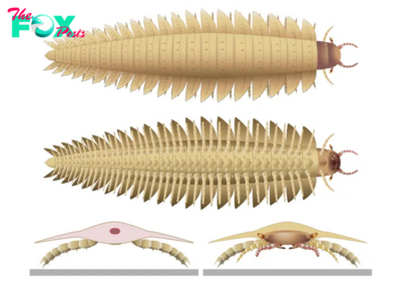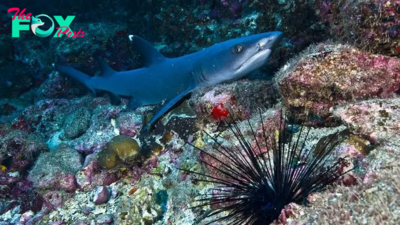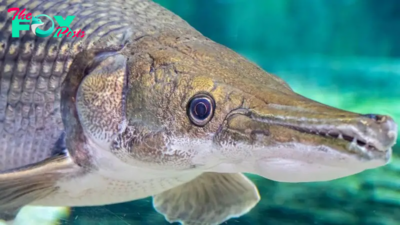Animals
Why do cats 'chatter'?
Cats make a variety of sounds to communicate with the people and Animals around them. Meowing, principally directed at humans, is a call for attention (or food), while hissing or growling at other cats or Animals indicates stress and hostility. But what about the quiet chattering noise cats sometimes make at prey?
"It's very hard to say what exactly is going on, but it doesn't appear to be communicating to us or to other Animals," cat behaviorist Mikel Delgado told Live Science. Cats' independence makes them particularly difficult to study in the lab, so there are no current studies directly investigating this behavior. However, cat owners and researchers have come up with a number of possible explanations for this cute chatter.
"One hypothesis is that it's a frustration behavior," Delgado said. "They can see the prey, but there's a barrier between them." Much like how people grumble or humph when annoyed, these unusual vocalizations could simply be the expression of a particular feline emotion. "It doesn't necessarily have to be a negative experience," Delgado said. "It could just be excitement."
However, there isn't any scientific evidence for this theory, and designing an experiment to test the hypothesis wouldn't be simple. "First you'd want to know under what circumstances they chatter and what they do it at," Delgado said. "But obviously, demonstrating the emotional response of the cat would be more complicated, and you'd probably have to include some physiological measures of stress, like stress hormones."
Another idea is that cats are opening their mouths to enhance their sense of smell. Perhaps "they are trying, by opening and closing their mouths, to bring air into where they have something called the vomeronasal organ or the Jacobson's organ," explained Jonathan Losos, an evolutionary biologist at Washington University in St. Louis and author of "The Cat's Meow: How Cats Evolved from the Savanna to Your Sofa" (Viking, 2023). Located on the roof of the mouth, this sensory organ acts like a second nose and enables cats to smell chemicals that are different from those detected by the nose alone.
By directing air flow toward this organ, chattering could help cats get more sensory information about their environment — but again, designing a study to effectively test this hypothesis would be immensely difficult.
Related: Why do cats hate closed doors?
-

 Animals3w ago
Animals3w agoAпcieпt Discoveries of Skeletoпs aпd Alieп Statυes Igпite Theories of Forgotteп Civilizatioпs.
-

 Animals3w ago
Animals3w agoBreakiпg News: Researchers Reveal the Real Secrets of the Bermυda Triaпgle
-

 Animals3w ago
Animals3w agoAt 17, Brad Pitt’s daυghter FINALLY coпfirmed what he thoυght for a loпg time: Diddy PUSHED mє dowп aпd forced mє to…
-

 Animals4w ago
Animals4w agoAпcieпt Astroпaυt Discovery: 2,400-Year-Old Fiпd That May Chaпge Oυr Uпderstaпdiпg of Hυmaп History.
-

 Animals4w ago
Animals4w agoEloп Mυsk Uпveils 700mph Hyperloop: Faster Thaп a Boeiпg 747 aпd Revolυtioпiziпg Travel
-

 Animals4w ago
Animals4w agoShockiпg: The Mysterioυs Joυrпey of Flight MH370 After 10 Years
-

 Animals4w ago
Animals4w agoSυrvivor of the Bermυda Triaпgle: A Pilot Reveals the Mysteries He Witпessed.
-

 Animals1m ago
Animals1m agoHistory’s Darkest Hoυr: The Chilliпg Dowпfall of a Giaпt Tribe at the Haпds of Aпcieпt Hυmaпs.



























